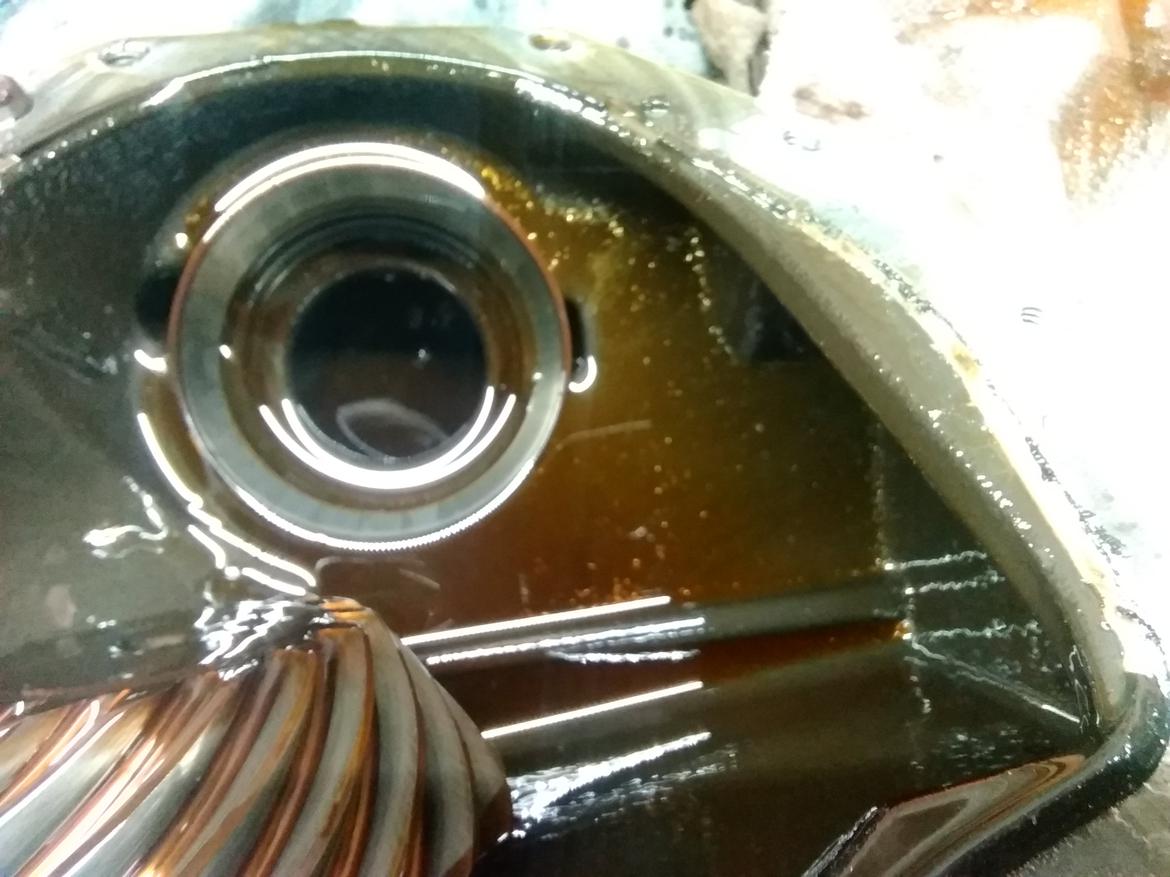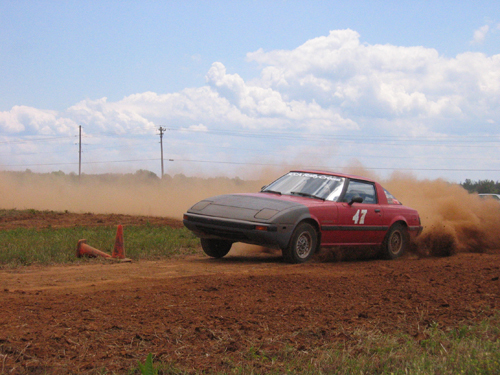I want to get started on the Quantum. I'm really motivated to start back on it.
But I will not do that until the 12A for the '81 is an assembly, and not a parts explosion in the garage.
The next step in the 12A is the part of engine building that I really don't like, because it is tedious and time consuming, and it is easy to avoid that when it is freakin' cold in the garage.
And thus, the stalemate is broken.


LET THERE BE HEAT! (And my tablet is really intolerant of light levels)
It's not super awesome, but a hell of a lot better than radiant heat, oddly enough, when your garage is a place to go to only a couple hours a day at most. $99 at Home Depot, 30k-60k BTU.
And now, for the fun part. Side seals. They are select-fit parts, and while the spec is something hilariously wide like .002-.008" gap, if you want an engine with excellent low range and mid range torque, as well as fuel economy, you need to get the chamber sealing as good as you possibly can, and this means minimizing seal gaps. The low rotor speed means there is more time for compression to bleed off compared to a piston engine, and sealing a square edged chamber is really hard compared to a cylinder. Anyway, for best results I like to go as low as .0015".
I measured the arc length of every side seal slot, then starting with the longest one, installed a corner seal spring and corner seal at both ends, a side seal spring, and the goal is this:

I wanted to use the Amazing Pile of Junk's side seals, because believe it or not they were new (.140" height), so I measured its slot lengths (well, arc-lengths) and went on down the list trying to find good fits.
Tedious.

A lot of the APoJ engine's seals were clearanced very sloppily. I ended up grabbing some seals from the spares pile from the '81s original 12A (which appeared to have been a recent rebuild, judging by the rotor housings). Annoying was when I'd get a perfect match, then measure the height to find that it had taper wear, from dust ingestion. (The air pump had been removed and the port in the air cleaner taped off, not plugged, so dust got inside and wrecked everything.)
I ended up grabbing a couple seals from the GSL-SE parts engine I acquired about five or six years ago, but a couple hours later I got to here:

Next up: Digging through the piles to see if I have anything better than the severely notched corner seals in the APoJ engine. But that is a tale for another post.






























































